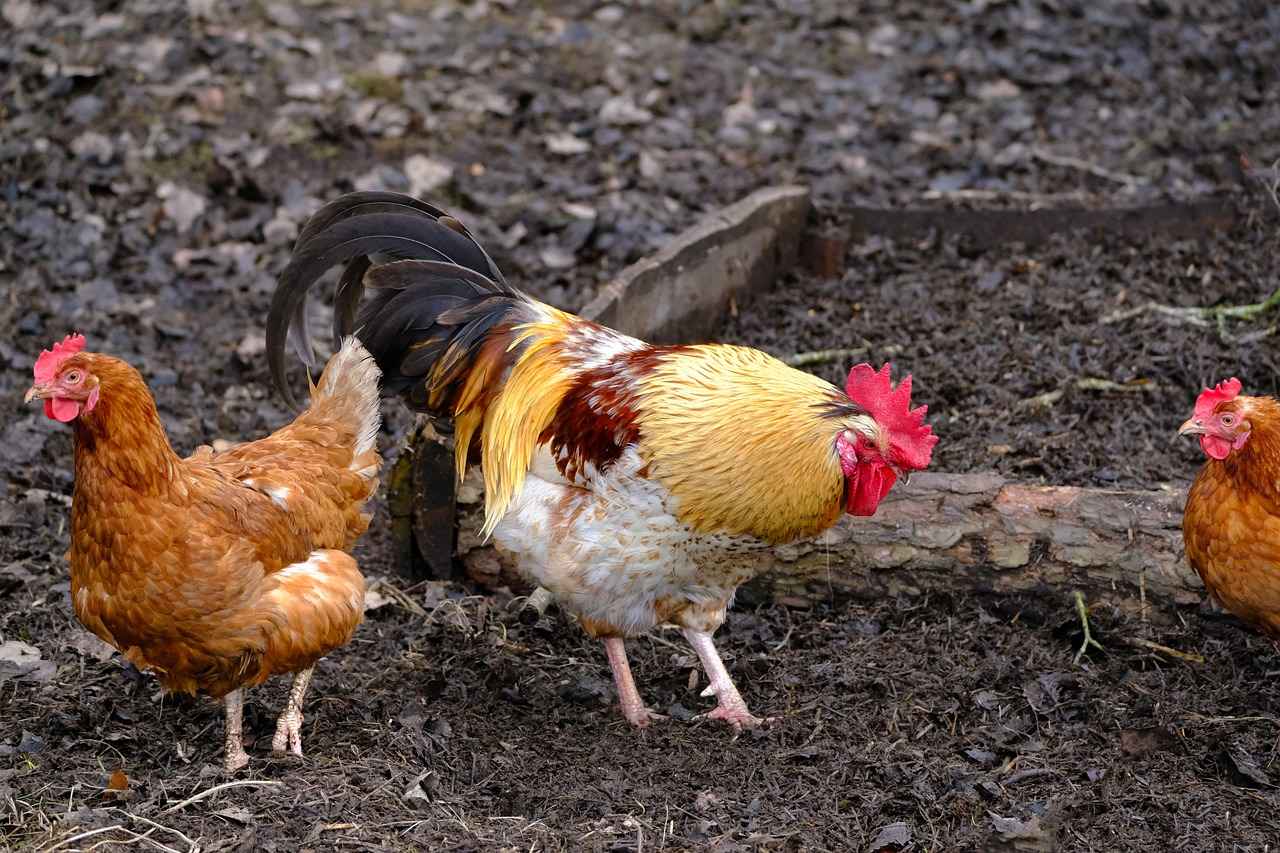In the rolling hills and fertile plains of Kenya, where agriculture has long been the lifeblood of the economy, free-range chicken rearing is gaining popularity.
This traditional method, known locally as Kienyeji chicken farming, is proving to be a financially rewarding venture for small-scale farmers across the country.
Low Initial Investment
One of the key financial advantages of free-range chicken rearing is the relatively low initial investment required. Unlike commercial poultry farming, which demands significant capital for infrastructure such as cages, automated feeders, and climate control systems, free-range farming is more accessible.
Farmers need only a small piece of land, basic shelter for the chickens, and a steady supply of feed, often supplemented by locally available grains and kitchen scraps.
This low barrier to entry means that even farmers with limited resources can start a free-range chicken business. The ability to begin small and gradually scale up as profits grow makes this an appealing option for many rural households.
Reduced Feed Costs
In free-range chicken farming, chickens are allowed to forage for their food, which significantly reduces the cost of feeding them. They roam freely, consuming insects, grass, and other natural food sources, which not only cuts down on feed expenses but also leads to healthier, more robust birds. The reliance on natural foraging means that farmers are less dependent on commercially produced feeds, which can be expensive and subject to price fluctuations.
This reduction in feed costs translates directly into higher profit margins. Additionally, the natural diet of free-range chickens is often perceived as superior, leading to healthier meat and eggs, which fetch a premium price in the market.
High Market Demand
Kenyan consumers are increasingly turning towards healthier and more organic food options. Free-range chicken, with its rich flavor and lower fat content, is highly sought after, particularly in urban areas. The demand for kienyeji chicken and eggs is consistently high, and they often command a higher price compared to commercially farmed products.
This high demand ensures that free-range chicken farmers have a ready market for their produce, with many able to sell directly to consumers, restaurants, and specialty stores. The premium price that kienyeji chicken fetches is a significant financial benefit, allowing farmers to enjoy higher returns on their investment.
Resilience to Market Fluctuations
The agricultural market can be unpredictable, with prices for livestock and produce fluctuating due to various factors. However, free-range chicken farming tends to be more resilient to these fluctuations. The lower input costs, coupled with the strong and consistent demand for kienyeji chicken, help to buffer farmers against market volatility.
Moreover, free-range chickens are less susceptible to the diseases that often plague commercial poultry farms. Their robust health and natural immunity reduce the need for expensive veterinary treatments and medications, further enhancing the financial viability of this farming method.
Sustainable Income Generation
For many Kenyan families, free-range chicken farming is more than just a business; it’s a sustainable source of income. The ability to rear chickens on a small scale means that even families with limited land can engage in this practice. The regular income from the sale of chickens and eggs provides financial stability, helping to pay for essentials such as school fees, medical expenses, and household needs.
Additionally, the short production cycle of chickens—typically around six months—means that farmers can quickly turn their investment into profit. This rapid turnaround is particularly beneficial for small-scale farmers who rely on a steady cash flow to support their families.
Contribution to Food Security
While the financial benefits of free-range chicken farming are clear, it also plays a crucial role in enhancing food security in Kenya. By raising chickens, farmers contribute to a reliable source of protein for their communities.
The eggs and meat from kienyeji chickens are not only nutritious but also affordable, making them accessible to a wide range of consumers.
In times of economic hardship, when other sources of income might be scarce, free-range chicken farming provides a safety net. The ability to sell or consume the chickens and eggs helps families navigate difficult times, ensuring that they have a stable food source and a means of generating income.
Conclusion
Free-range chicken rearing in Kenya offers significant financial benefits to small-scale farmers. With low startup costs, reduced feed expenses, high market demand, and resilience to market fluctuations, this traditional farming method is a financially sound and sustainable option.
Beyond the financial rewards, it contributes to food security and provides a steady income for families across the country.
As more Kenyan farmers embrace free-range chicken farming, they are not only securing their financial future but also promoting healthier, more sustainable food practices for the nation.


Drop Your Comments, What do you think About The Article?